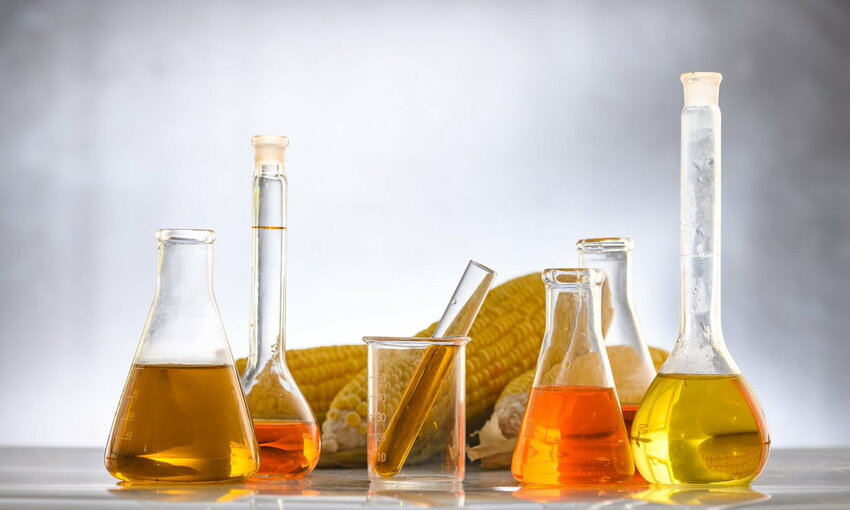 (Credit: Pixabay)
(Credit: Pixabay)S&P Global Platts, an independent provider of information and benchmark prices for the commodities and energy markets, has launched a suite of 36 new daily prices to reflect the cost of reducing greenhouse gas emissions using biofuels.
These new calculations, spreads, and ratios use existing Platts assessments in global biofuels, refined product and carbon credit markets to give key insights to the actual cost of carbon emission reductions from biofuel use.
S&P Global Platts says these prices give traders, analysts, and policy makers granular insight into the cost fuel buyers pay to reduce greenhouse gas emissions using biofuels, as well as the price relationships between biofuels and conventional fuels.
The new Platts price calculations, spreads and ratios include:
S&P Global Platts claims that these prices can help market participants compare fuels on a carbon emissions basis and build emissions costs into forecasts. With biofuel feedstock demand rapidly increasing, these prices may help the market make informed decisions about the emissions reduction differences between waste products, vegetable oils, and other feedstocks.
For example, while Platts' existing assessments give the market a transparent view into the price of biofuels such as rapeseed-based biodiesel (RME) in Europe, the new prices drill down into relationships between RME and ultra-low sulfur diesel (ULSD), both in outright price terms and in carbon costs. Fuel buyers will be able to see that the cost of reducing greenhouse gas emissions using RME instead of ULSD is 0.07 cent for each gram of carbon dioxide equivalent in each megajoule of RME, based on Sept. 1 Platts assessments.